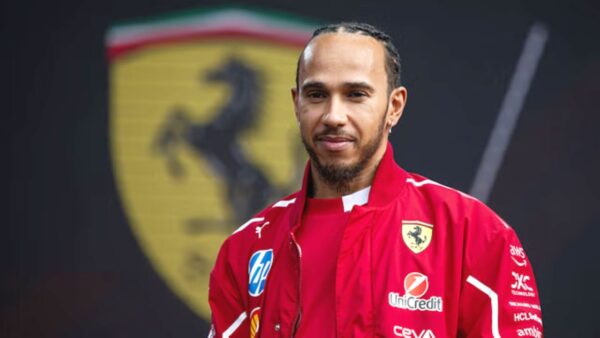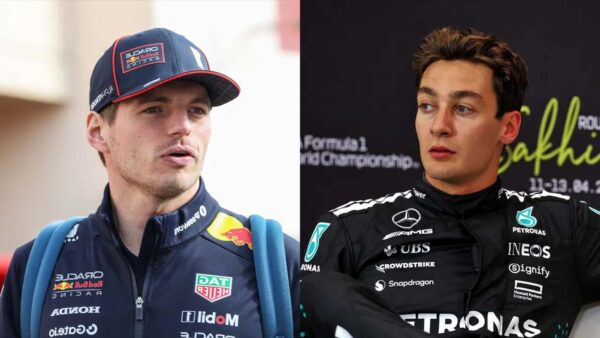When Sebastian Vettel overcame a 15-points deficit to win his first world championship at the 2010 Abu Dhabi GP
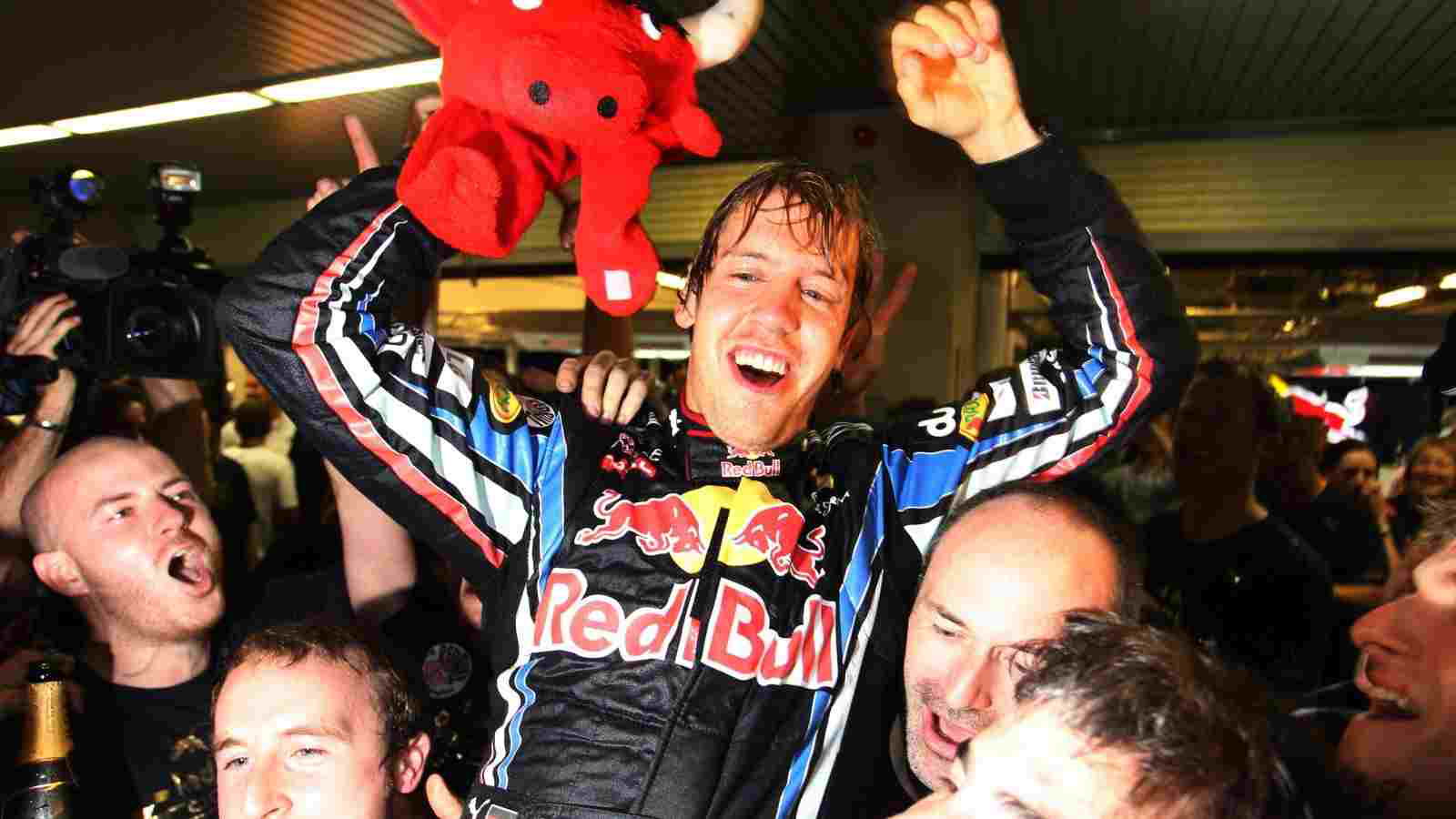
Sebastian Vettel celebrates with his team after sealing the 2010 world championship with his win at the 2010 Abu Dhabi Grand Prix (IMAGO / ZUMA Press)
This weekend, Sebastian Vettel’s illustrious career comes to an end. For now, at least, as he has not ruled out a comeback. So as he gears up to participate in his final Abu Dhabi Grand Prix, we take a look back to the 2010 Abu Dhabi Grand Prix – where he won his first world championship, one of the happiest moments in the lives of any Formula 1 driver.
Like many great things, it did not come easy to him. Going into the last four races of the season, it was actually his teammate, Mark Webber, who led the championship following Singapore. At that point, it was still technically a five-way battle, as there was only a 25-point gap from P1 to P5. Webber led with 202 points, followed by Fernando Alonso at 191, Lewis Hamilton at 182, Vettel at 181, and Jenson Button at 177 points.
Now, it was recovery mode for the German driver. He won in Japan, but his teammate finished second, so Webber still led the championship by 14 points, with Alonso and Vettel level. But Korea threw a spanner into the works, as both Webber and Vettel retired from the race early after incidents. Button did not score any points. It was the Spaniard who won the race and subsequently led the championship with 231 points to his name.
Webber was second with 220, while Lewis Hamilton (210) demoted Vettel to fourth (206). The German made up for Korea in some sense, winning the next race in Brazil, but Webber and Alonso finished right behind him, which meant he would go into the decider in Abu Dhabi 15 points behind Alonso and 7 points behind his teammate.
Going into Abu Dhabi, there were technically still four drivers in contention. Alonso led the field with 246 points, Webber was second with 238, Vettel third with 231 points, and Lewis Hamilton was the ‘lowest’ of the championship contenders with 222 points. And so, the stage was set for one of the most nail-biting season finales of all time.
Also Read: Abu Dhabi GP 2022 : Where and when to watch Sebastian Vettel’s last ever race?
The win conditions for Sebastian Vettel and others going into Abu Dhabi
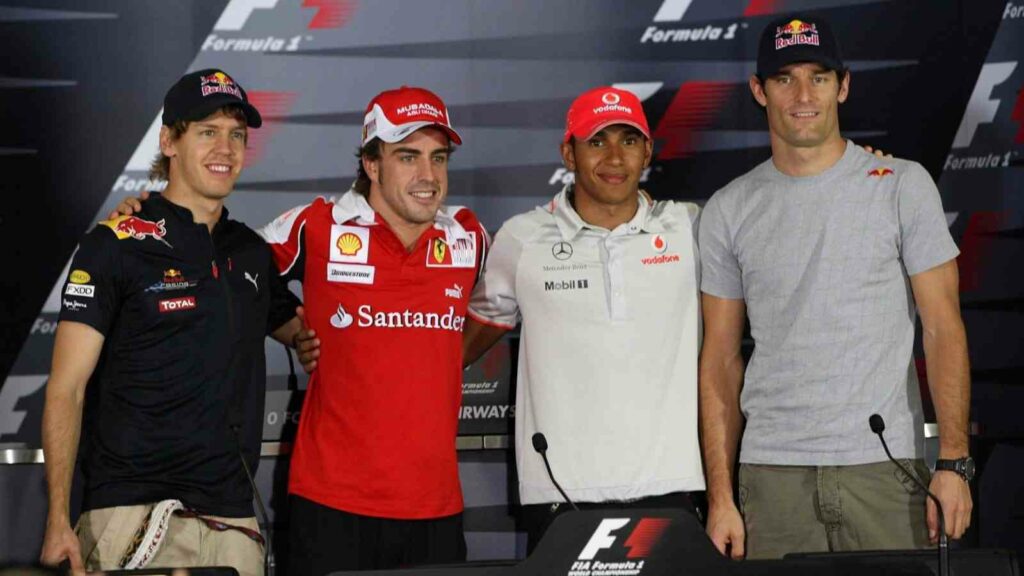
Sebastian Vettel qualified on pole position, while the championship leader Fernando Alonso qualified P3. Vettel’s teammate, Mark Webber was P5. If things had stayed as they were in qualifying, Alonso would have won the championship with 5 points, while Vettel would finish P2 and Webber P3 a further seven points behind. Mark Webber would have to win and for Vettel to finish P2 or below, and Alonso P3 or below.
The condition for Vettel was to win the race while Alonso finished fifth or below, and Webber second or below. Lewis Hamilton (who qualified P2) would have to win the race at a minimum and hope that Vettel finishes third or below, Webber sixth or below, and Alonso finishes outside of the points (for Hamilton to win by a point).
The Race
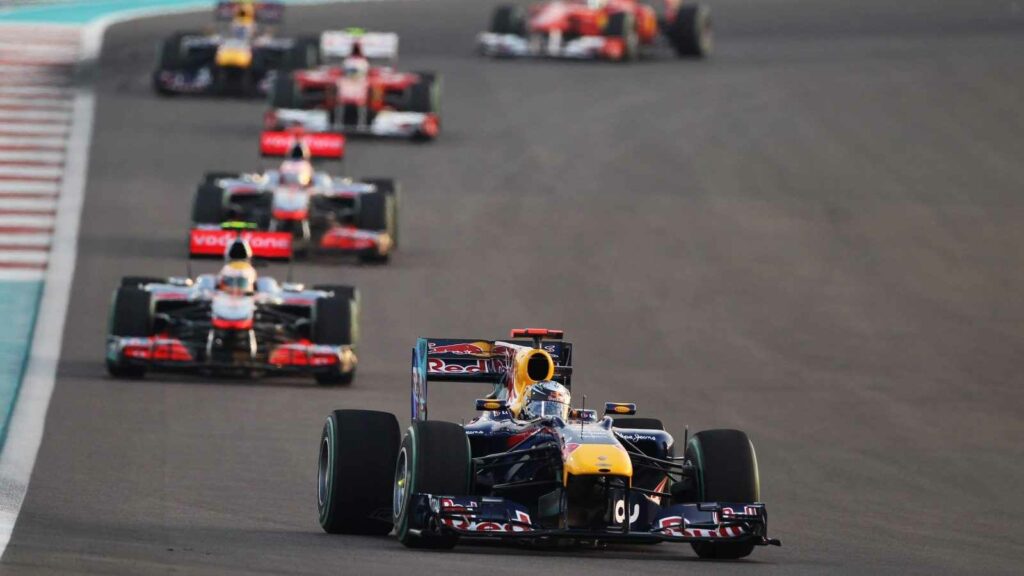
As the race got going and Sebastian Vettel kept his lead into turn 1, Fernando Alonso had a slow start and dropped to fourth behind Jenson Button. At turn six, Michael Schumacher spun around, and Vitantonio Liuzzi clattered into his Mercedes head-on, necessitating a safety car. Under the safety car, six runners made pit stops, including Nico Rosberg and Vitaly Petrov. This would prove crucial for the result later on.
Mark Webber was struggling for grip on his super-soft tyres (even brushing the barriers), and so, at the end of lap 11, he was the first of the championship contenders to dive into the pits. Ferrari at this point were focused on their main rival (who was Webber), so they called Massa into the pits next lap to cover the Australian, but it did not work. At the end of lap 15, Alonso pitted, coming out just ahead of Webber.
But this strategy choice would prove to be crucial for the result. Making their way up the field proved harder than expected, and on lap 18, after catching up to Vitaly Petrov, the pair of them were unable to overtake him, partly because he had a fresh engine for the race, which combined with good traction out of the slow corners and Renault’s speed on the straights made it nigh on impossible for Alonso to overtake him, as there was no DRS at that time.
Petrov would continue to frustrate the Spaniard (and Webber) till the end of the race. While the frontrunners had been experiencing a loss of lap times on the super-soft tyres, that soon improved, and so at this point of the race, Vettel and Hamilton in front continued to set faster times than Webber and Alonso, despite worn-out softer tyres.
The Briton pit at the end of lap 23 and Vettel pitted the next lap, coming out in front of Kamui Kobayashi and Robert Kubica, while Hamilton came out behind the aforementioned two. Jenson Button now led the race, but he was going longer on a different strategy, and pit on lap 39, handing Vettel the lead. Hamilton was able to pass Kobayashi, but not Kubica, faring similarly to Petrov and Alonso.
Kubica pit on lap 46 and came out ahead of his teammate Petrov, Alonso and Webber. The Russian driver continued to frustrate Alonso for the rest of the race, which meant Vettel would win the race, and his first world title – becoming the youngest world champion of all time in the process. Alonso was furious with Petrov post-race, but even if he had gotten past him, he would still have had to pass Kubica and Rosberg.
Also Read: Weather report for the Abu Dhabi GP
Sebastian Vettel’s last dance

Vettel’s post-race radio with his engineer and Christian Horner is very iconic. Horner, similar to what he did for Max Verstappen in 2021, came on to the radio and exclaimed to the already celebrating Vettel: “Sebastian Vettel, you are the world champion! The world champion! Well done, enjoy it! You are the man!”
This week’s Abu Dhabi Grand Prix, barring a future return, will be the final race of his career. While it’s unlikely to live up to 2010, he would surely love to ‘go out with a bang’. On that occasion he had needed the win (for the best chance), here, the requirements and expectations are entirely different. Aston Martin’s fortunes have improved since the summer break, and points finish would be a good result.
To finish ahead of Alfa Romeo in the Constructor’s championship, the team would have to outscore the Swiss team by 6 points. There is still something to play for. Another cause of ‘hype’ is this: In 2018, after Fernando Alonso had left the sport, he along with Vettel and Lewis Hamilton had done ‘donuts’ following the end of the Abu Dhabi Grand Prix. Fans would surely love for them to run it back.
Also Read: Which team has been the most successful at the Abu Dhabi GP?

